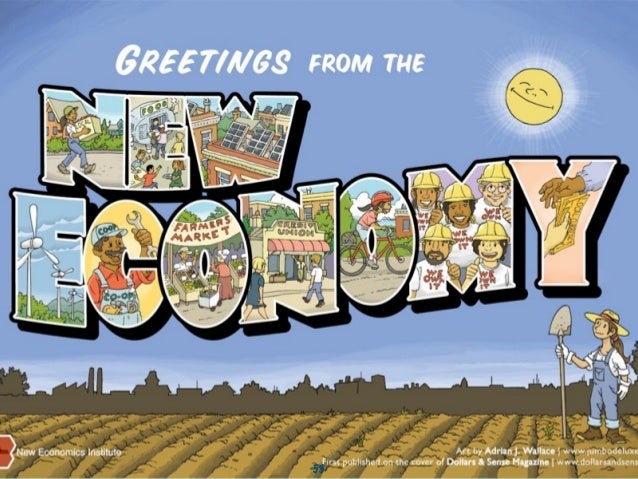by Arnie Martin, Citizens for a Clean Harbor
The draft Environmental Impact Statements (EISs) for the Westway
Expansion Project and the Imperium Terminal Services Expansion Project
[crude oil terminals] in Grays Harbor, were published Aug 31, 2015,
starting the 60-day public comment period.
The comment period starts August 31, 2015 and ends October 29, 2015.
The scoping comments made 2 years ago were
to be a guide for the Department of Ecology in writing the Environmental Impact
Study (EIS).
Now is the time to go back and look at the scoping
comment(s) you submitted back in 2013/2014.
1. Review your scoping comments (comments
are in Volume 2, Appendix A).
a.
Search for your comments by
expanding the “Appendix A” list by clicking on the “+”
to its left, then clicking on “Index of Comment
Submissions Sorted by Commenter Name”, then scroll down to
your name.
b.
Carefully
review your comment(s).
2. Were your concerns addressed in the
draft EIS?
a. Search
(using your exact words in the scoping comment – or a subset of those
words) to find what the DEIS says in response to your comment.
b. Using
“Ctrl” –
“Shift” – “F” is the best way to find something
buried in the text of the Volume 1.
3. Were your concerns adequately resolved?
a. Has the DEIS
put in requirements that would have the project proponents change their plans
to reduce the effects of the problem addressed in your comment?
b. Does the
DEIS just add some words that say that occurrence is “very
unlikely” or “highly unlikely”.
c. Does the
DEIS simply have a sentence that states: “Compliance with the applicable regulations and permits
described above is expected to reduce impacts on land and shoreline use. There
would be no unavoidable and significant adverse impacts.” ?
d. Does the
DEIS fail totally to mention your concerns?
e. Be aware
that the studies used to prepare the DEIS are included in volumes 2 and 3.
4. Responding to the DEIS
a. If you
don’t believe that such comments adequately address the concerns you
raised in the scoping comment, call their attention to the comment, using the
comment submission number assigned to your comment.
b. Point out
the inadequacy of their DEIS, relative to your scoping comment. They will have
to respond to your comment, and modify the DEIS text for incorporation into the
Final EIS.
Both Draft EISs are available on the Ecology website, www.ecy.wa.gov/GraysHarbor. In addition to the draft documents, the website also has links to fact
sheets in English and Spanish. These fact sheets summarize key issue
areas, the environmental review process, and the Westway and the
Imperium [ now REG] expansion projects. The website has information on
submitting comments and a link to the online comment form.
Comments that do not identify a specific project will be considered
for both projects. All comments are valued equally. Comments can be
submitted:
By mail at:
Westway and Imperium Terminal Services Expansion Projects EISs
c/o ICF International
710 Second Street, Suite 550
Seattle, WA 98104
Online at:
https://public.commentworks.com/cwx/westwayimperiumcommentform/













